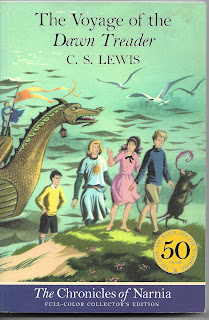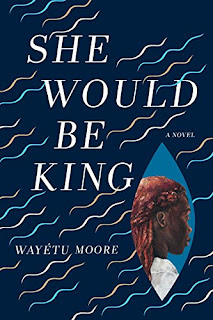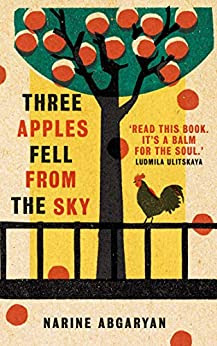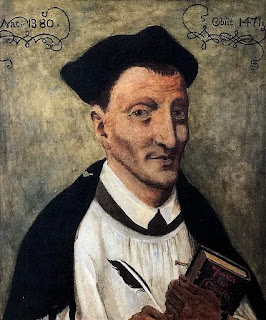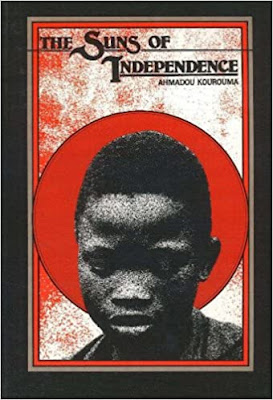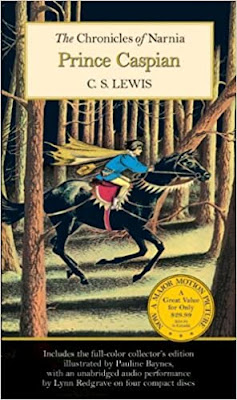March Magics, 2022 edition

Hooray, Kristen at We Be Reading is back for her 11th hosting of March Magics, the event in which we read and remember Diana Wynne Jones and Terry Pratchett. I think we can all use a little magic this March, so this is a very welcome event, and the theme this year is "Friends Old and New." For DWJ, my old pick will be the first book I ever read, which is Witch's Business (aka Wilkins' Tooth). It's also her first published story, not counting the early Changeover. For new, I went with a couple of later titles that I haven't read as often as some, so they are new-ish: A Sudden Wild Magic , and the short stories in Unexpected Magic . I feel like reading "The Master" again. For Terry Pratchett, I chose Pyramids , which I haven't read since college in the 90s, and The Last Continent -- I can't remember when I read that one at all, though I know I have. This will certainly make my March much more magic! Are you going to join in? I hope you...


